FROM THE UNITED ARTISTS ‘A HARD DAY’S NIGHT’ MOTION PICTURE SOUND TRACK LP
![]()
“A HARD DAY’S NIGHT” (vocals: Flo Ballard)

“I WANT TO HOLD YOUR HAND” (vocals: M. Wilson)

“CAN’T BUY ME LOVE” (vocals: Mary Wilson and Florence Ballard)

“YOU CAN’T DO THAT” (vocals: D. Ross)

A MCRFB Note: The Supremes’ LP, ‘A Bit Of Liverpool,’ was released by Motown Records, October 16, 1964 (source: Wikipedia)


![]()
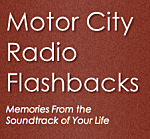 From the MCRFB NEWS archive: 1964
From the MCRFB NEWS archive: 1964
Marketing Beatles’ UA Film LP Translates Sell-Outs
NEW YORK — United Artists Records’ soundtrack album of the Beatles’ “A Hard Day’s Night“ has become one of the fastest selling LP’s in the history of the record business. Within four days after the album’s introduction at the UA distributor meet in Miami Beach last week, 1,000,000 copies were sold and delivered.
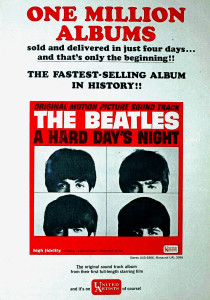
UA released the 1,000,000 figure July I and reported that orders were continuing to pour in at the same fantastic rate.
The film, “A Hard Day’s Night,” is slated for saturation bookings and multiple city openings in early August. UA toppers are predicting that at least 3 million copies will be sold prior the opening, after which, with the movie play dates and coast-to-coast personal appearances of the Beatles building sales, it’s anticipated that five million copies will be sold by the end of the year.
The album contains eight vocal selections by the Beatles plus four instrumental themes from the film, all composed by Beatles John Lennon and Paul McCartney. The vocal selections are the title song, “A Hard Day’s Night,” “Tell Me Why,” “I Cry Instead,” “I’m Happy Just to Dance With You,” “I Should Have Known Better,” “If I Fell,” “And I Love Her” and “Can’t Buy Me Love.”
The instrumentals are played by George Martin, the Beatles’ musical director. UA has released a single of Martin’s instrumental treatment of “Ringo’s Theme (This Boy)” and “And I Love Her.”
The Beatles’ next album for Capitol is due sometime in August. Meantime, Capitol has released a Beatles single of the title song. END
___
(Information and news source: Billboard; July 11, 1964)
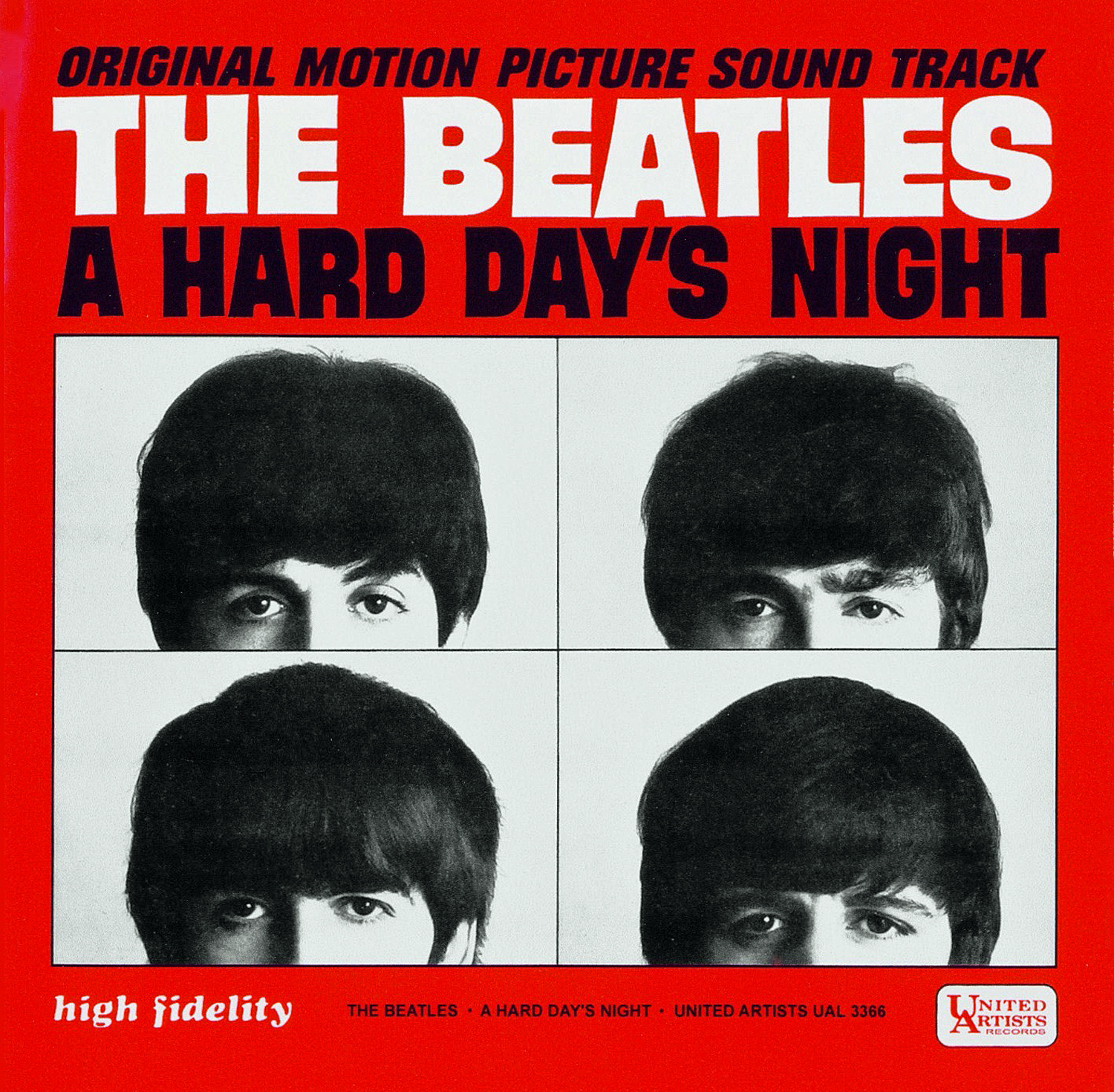
![]()
The Beatles’ anticipated first full-length motion picture film, ‘A HARD DAY’S NIGHT,’ premiered in London at the Pavilion Theater on this day, 52-years ago, July 6, 1964.
![]()
 From the MCRFB news archive: 1963
From the MCRFB news archive: 1963
ABC Moves ‘Bandstand’ to Saturdays
PHILADELPHIA — An era draws to a close on August 30 when Dick Clark’s “American Bandstand,” which has been the focal point for record promotion and artists for more than a decade, goes off a weekday schedule. The show will be aired from 1:30 to 2:30 p.m. Saturdays only on the ABC-TV net.
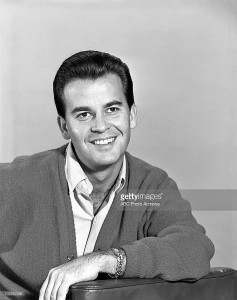
Two years ago the 90-minute “Bandstand” was whittled down to 50 minutes and in the fall of 1962 cut back further to 30 minutes with a public service show, “Discovery,” capturing the time slot.
Although there have been numerous official pronouncements to the contrary about government influence on programming, a case in point may be the Clark show.
Clark emerged from the House committee hearing on payola practices in the industry untainted, of course, but the far-reaching results of the over-all investigation, apart from Clark, more than likely provided the impetus for the web’s decision to up its public service programming by airing “Discovery’ in the afternoons.
Once a major hole had been punched in “American Bandstand,” the local station (at a time when daytime TV was beginning to enjoy increasing importance) took advantage of the non-option time to schedule their own programs and delay-broadcast the Clark stanza on Saturdays, thus keeping the revenue from the net and their own local shows, too.
After the local stations began to encroach on this time, it was impossible for ABC to regain sufficient station clearance to again expand the show. It has also been reported that ABC has a firm commitment to rerun “Wagon Train” during the daytime, the coup de gras for the weekday “American Bandstand.”
Clark, the only TV deejay ever to make it real big on a national scale, started on the local WFIL-TV Bandstand in July 1956 succeeding Bob Horn, host of the show since its inception on the Philadelphia outlet in October of 1952.
ABC moguls invited Clark to come up and see them sometime after viewing a kinescope of the local show on WFIL-TV, the ABC affiliate in the Quaker City. The meet resulted in the show going on a 64-station net in August of 1957.
Little more than a year later the stations carrying the “Bandstand” show numbered 130 and the Dick Clark disarming poise coupled with the effervescent teen-age studio dancers soon gave the show the highest ratings of any daytime program on television.
“The show today still enjoys the highest ratings and is the most lucrative on ABC television,” Clark said.
“Last week, going into the tight summer months there were only two availabilities on the show and most of the time it’s standing room only for sponsor,” Clark also commented.
Clark, whose financial arrangement with the network will give him the same income for the one-hour Saturday stanza as for five shows a week, has obtained release from the net to pursue other enterprises and appearances on rival webs.
ABC intends to place most of the advertising carried on the weekday show into the Saturday program. During its heyday, $10 million was brought into the net through “American Bandstand.”
Just about every current pop record artist and group, save Elvis Presley and Rick Nelson, made appearances on the 1,000 or more Clark “Bandstand” shows. Many, such as Connie Francis, Bobby Rydell, Fabian, Frankie Avalon and Bobby Darin, to name a few, got their first national exposure on “Bandstand” and was instrumental in launching them on lucrative show business careers. END
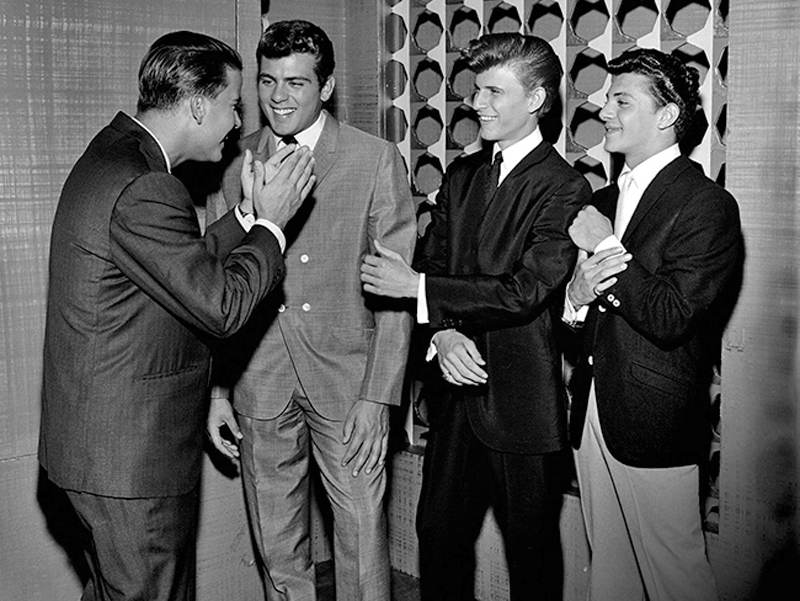
(Information and news source: Billboard; June 22, 1963)
![]()
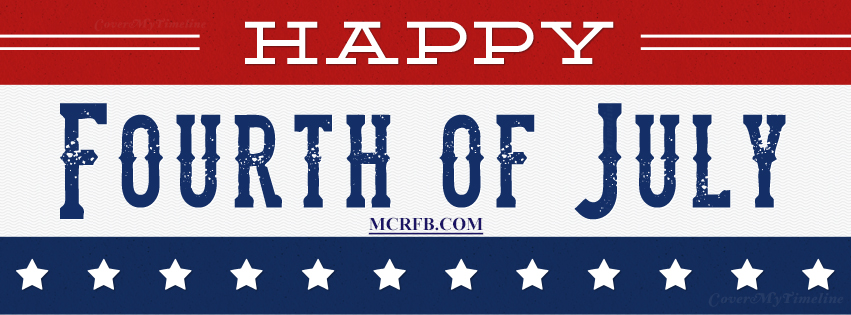
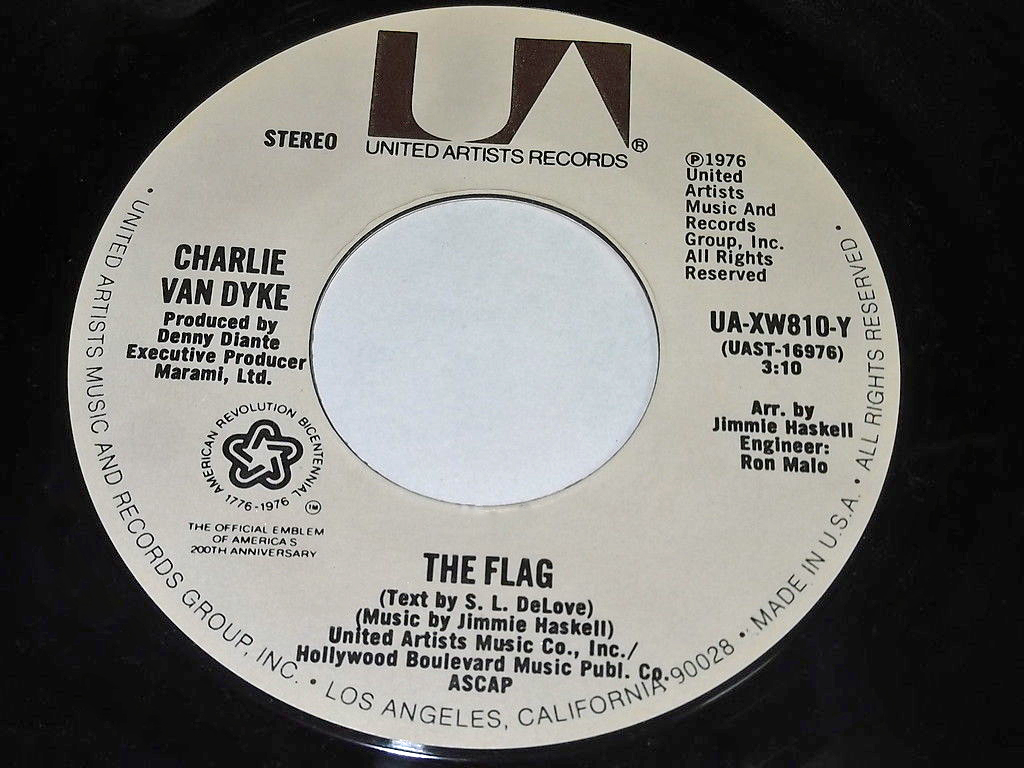 THE FLAG * Charlie Van Dyke * United Artists Records 1976
THE FLAG * Charlie Van Dyke * United Artists Records 1976
A MCRFB Note: For our previous (formerly CKLW jock) Charlie Van Dyke’s ‘The Flag’ featured story on Motor City Radio Flashbacks (2/5/2012) GO HERE.
![]()
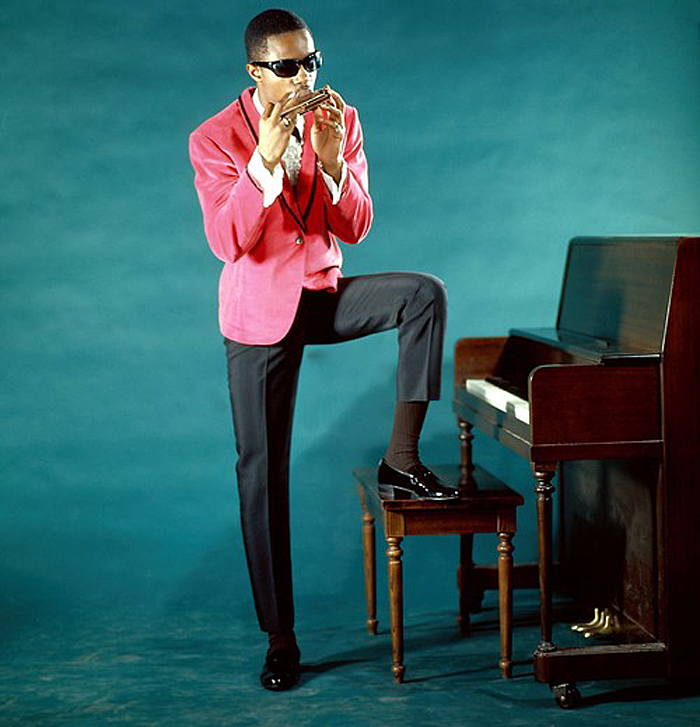
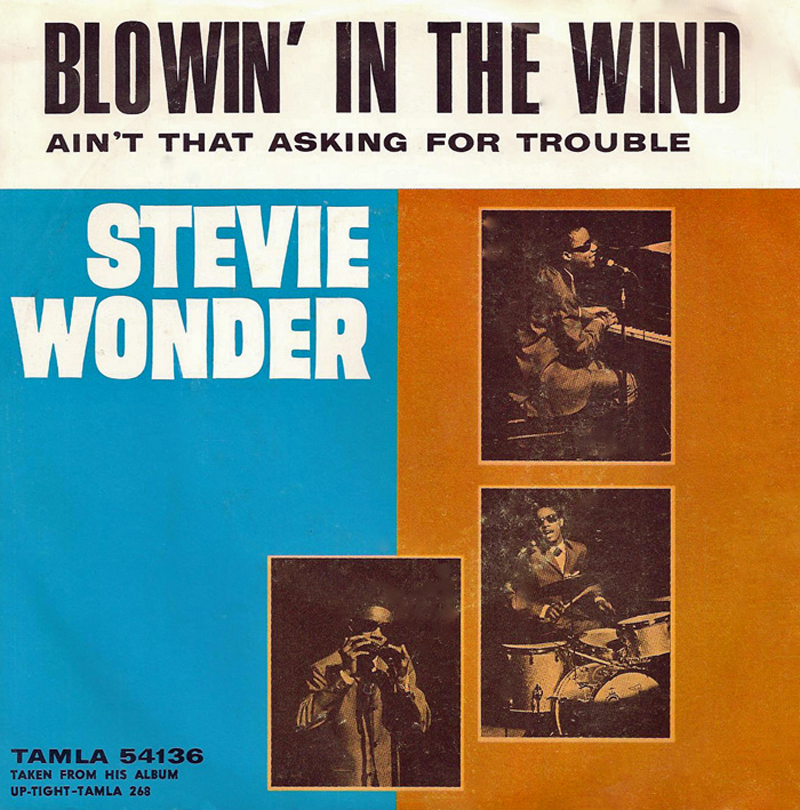
![]()